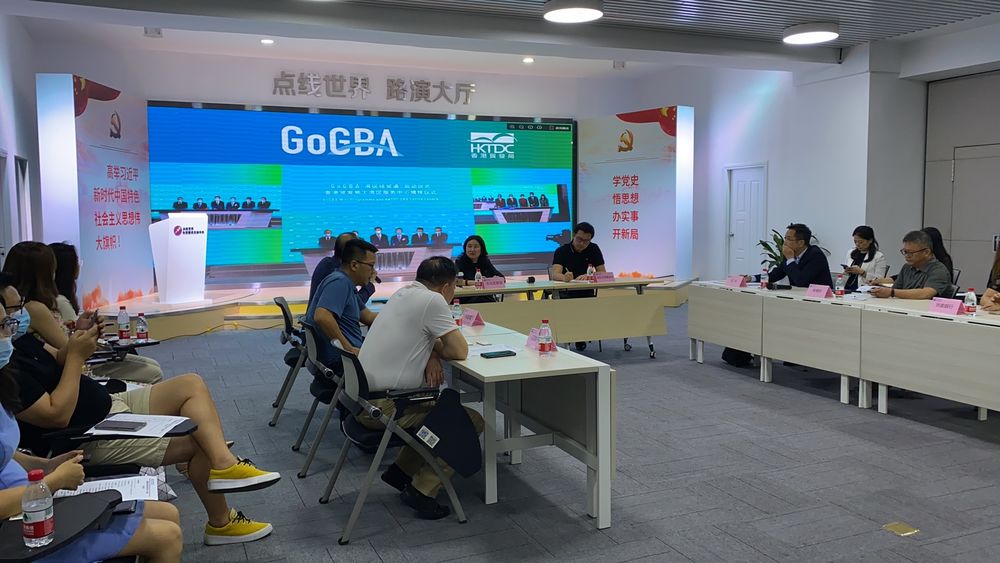WRITTEN BY MEKONG INSTITUTE'S TRADE AND INVESTMENT FACILITATION DEPARTMENT
As part of a multi-year project on “Joint Development of Cross-Border Economic Zones in Lancang-Mekong Countries,” which is supported by the Lancang-Mekong Cooperation Special Fund and in coordination with the Ministry of Commerce, Royal Government of Thailand, several national workshops on “Investment Opportunities in Economic Zones” were organized in Lancang-Mekong countries from September to October 2021 to provide status and types of investments, investment rules and policies, and post-COVID-19 strategies to promote investments in economic zones (EZs).
Mekong Institute (MI), in collaboration with Shenzhen Outbound Alliance (SOA) and Shenzhen Foundation for International Exchange and Cooperation (SFIEC), conducted a hybrid national workshop on “Lancang-Mekong Economic Zone Investment Opportunities Exchange” on September 10, 2021 to get insights and information on investment rules and opportunities and potential investors’ perspectives in EZs against the backdrop of the COVID-19 pandemic. It also shared investment policy suggestions for advancing trade and cooperation in connection with cross-border special economic zones and relevant impacts and preparation for COVID-19 recovery on trade and investment opportunities and policy in EZs in the countries.
Mr. Cao Cong, Secretary General of SFIEC, and Ms. Sun Tianlu, Chairman of SOA, chaired the workshop and presented the purpose of the workshop and the basic information of EZs in China.
The workshop topics covered cross-border e-commerce hotspots and development opportunities in the Greater Bay Area (GBA), how Hong Kong can play a role in serving foreign institutions to integrate into GBA, latest industry news sharing, policy suggestions for trade and investment, and one-stop service after entering Shenzhen through presentations and panel discussions.
A total of over 7,000 online and onsite participants attended the hybrid workshop. They were representatives of governments, enterprises, professional service organizations, financial institutions, and investment institutions.
The results of the implemented national workshops in China and other Lancang-Mekong countries will be presented at a regional online Synthesis and Evaluation Workshop in the second week of October 2021.








